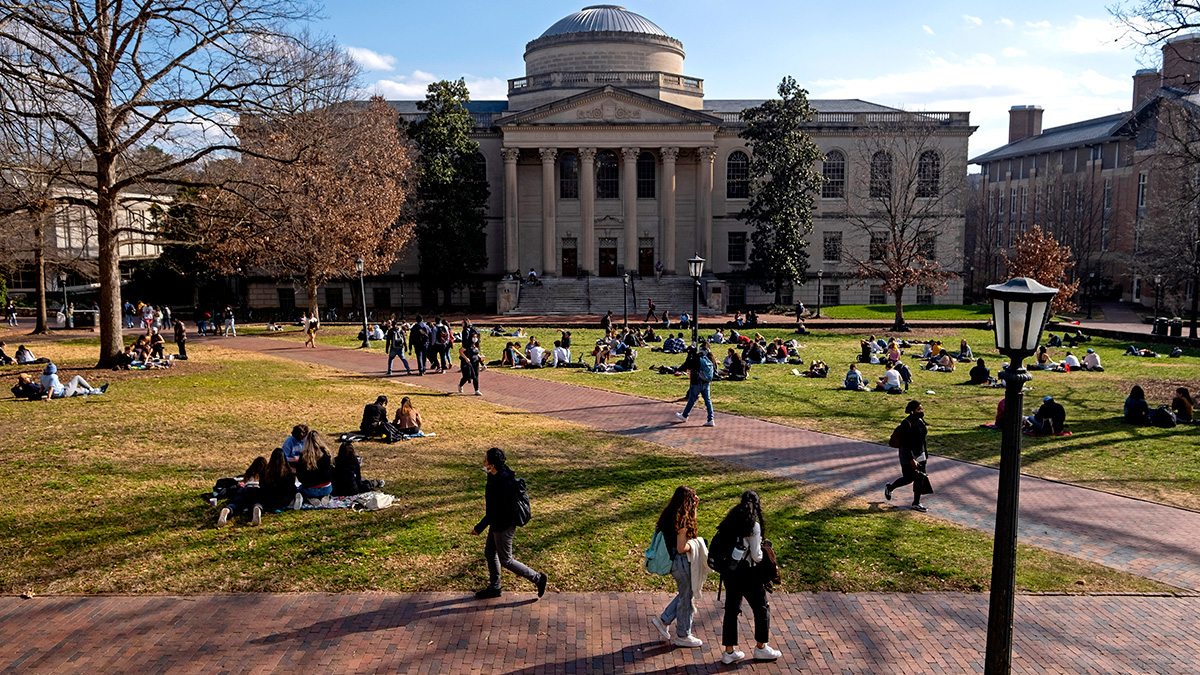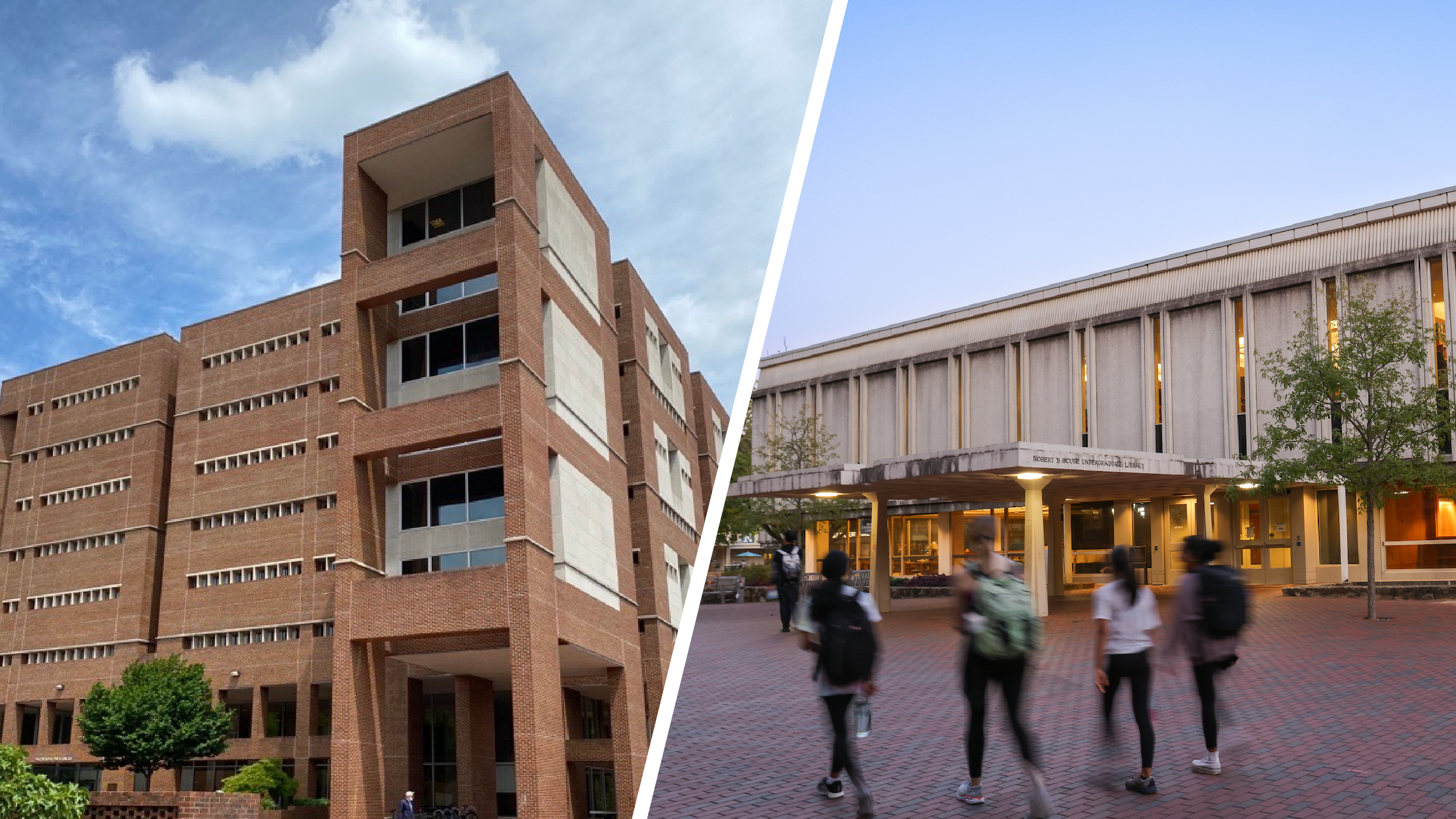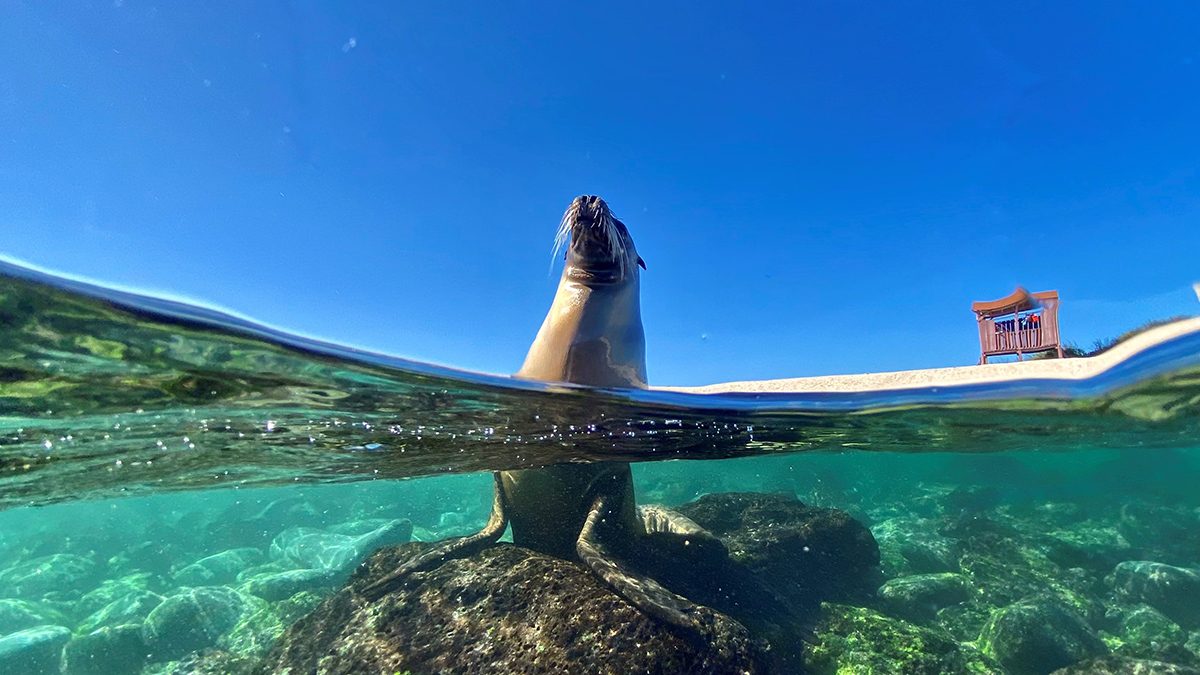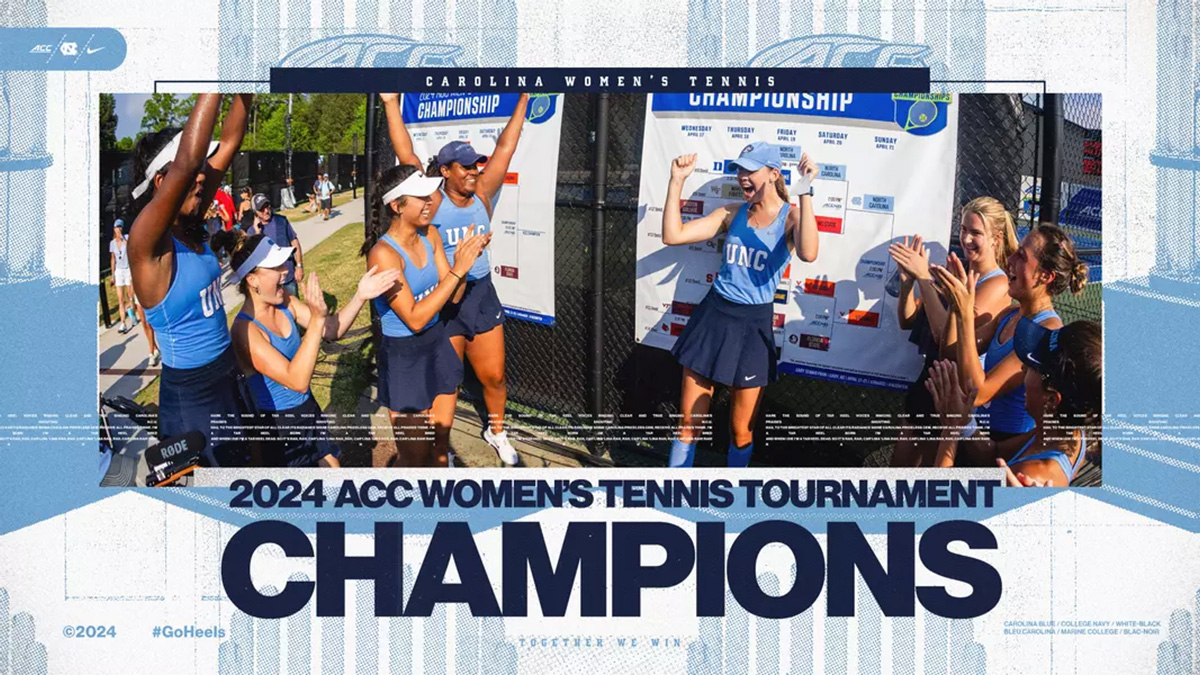A message from the chancellor: Standing at the center of democracy
"From residence halls to classrooms, Carolina is often the first place where you learn to work alongside people with deep differences in their opinions and values, to understand that those people are your neighbors and fellow citizens and that they have something important to contribute. Finding a way to embrace pluralism is crucial for the American experiment and for getting a real education.

Dear Carolina Community,
No one arrives in Chapel Hill as a clean slate. We each step onto campus with values and ideas we carried from home, and those beliefs are rightly important to us. The job of a university isn’t to replace those ideals with new ones, but it is to show that there are many different ways to live, many different ways to see the world and plenty of room in a big and diverse democracy for competing visions to coexist.
Earlier this week, Ron Daniels made a virtual visit to Carolina to talk about “What Universities Owe Democracy,” his new book on the role of higher education in American public life. Daniels is the president of Johns Hopkins, one of our country’s great private institutions, and he spoke beautifully about the way college campuses have been closely entwined with American democracy from the beginning. We have mirrored the nation’s highest aspiration and deepest flaws, he said, serving as a place to sort out hard truths and cultivate free minds.
That’s especially true at a place like Carolina, a public university created with the clear purpose of cultivating citizens and leaders. Universities, Daniels said, are often “the first opportunity for people to leave their local communities and learn to navigate their identities in the presence of others unlike themselves.” From residence halls to classrooms, Carolina is often the first place where you learn to work alongside people with deep differences in their opinions and values, to understand that those people are your neighbors and fellow citizens and that they have something important to contribute.
Finding a way to embrace pluralism is crucial for the American experiment and for getting a real education. Being a good citizen, a brilliant student, a thoughtful teacher or great researcher all require a certain humility — a willingness to hear people who think you’re wrong and take their arguments seriously. That doesn’t come naturally to many of us, which is why we have to cultivate it. “You can’t just talk about this in the abstract,” Daniels said. “Ultimately, we have to model the difficult discussions and show that they can be waged.”
I think we’re doing that at Carolina — through our Promote Democracy Initiative, our Program for Public Discourse and a focus on civic values in our redesigned curriculum. We are showing that the University doesn’t stand apart from the life of our state and our democracy, but at the center of both.
Sincerely,
Kevin M. Guskiewicz
Chancellor




